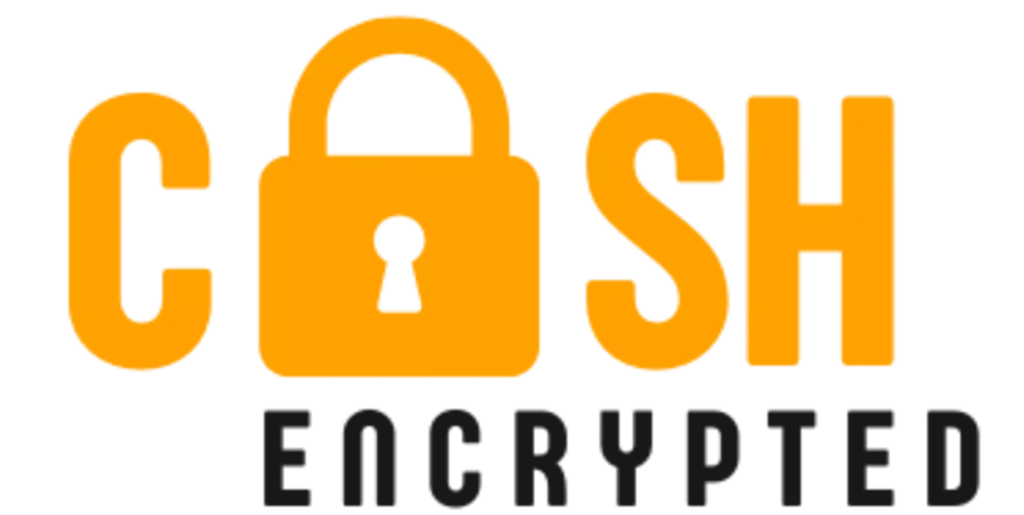Bitcoin, the world’s first decentralized digital currency, has become a household term in recent years. However, just owning Bitcoin is only one part of the story; knowing how to store it securely is another critical aspect. For beginners, the idea of safely storing Bitcoin can seem daunting and complex. Fortunately, there are numerous ways to store Bitcoin, each suited to different needs and levels of security. This guide will introduce you to the various storage options available, helping you make informed decisions about how to protect your digital assets.
Understanding Digital Wallets
Digital wallets are essential for storing Bitcoin. They come in two forms: hot and cold. Hot wallets are connected to the internet, offering convenience but lower security. Conversely, cold wallets are offline, enhancing security by keeping bitcoins safe from online threats. Each type serves different needs and preferences. Understanding these variations is crucial for securely managing Bitcoin assets. If you’re interested in the broader scope of decentralized finance, explore this link.
Hot Wallets: Online Convenience
Hot wallets, always connected to the internet, offer an easy way to access your Bitcoin. They provide quick transactions and real-time updates, thanks to their perpetual online connection. This makes them ideal for users who trade frequently or need constant access to their funds. However, the convenience comes with security risks. Hot wallets are more vulnerable to cyberattacks and hacking. Therefore, it’s crucial to enhance security through strong passwords and two-factor authentication. For more insights on financial security, see this article on traditional and decentralized finance.
Cold Wallets: Offline Security
Cold wallets offer unparalleled security by storing Bitcoin offline. This category includes hardware and paper wallets. Hardware wallets are physical devices that keep private keys completely disconnected from the internet, reducing hacking risks. Paper wallets, although less common, involve printing keys on paper, stored securely away from digital threats. These methods ensure enhanced security compared to online storage options. For further strategies on safeguarding Bitcoin, explore different financial techniques for maintaining your digital assets securely.
Hardware Wallets: Physical Protection
Hardware wallets offer robust security by storing Bitcoin offline. These devices physically isolate private keys, protecting against online threats. They are compact and often resemble USB drives, making them convenient for daily use. User-friendly interfaces simplify transactions without compromising security. An additional layer of protection is provided by PIN codes and recovery seeds. This dual-layer design blends convenience with unrivaled security, making hardware wallets a premier choice for safeguarding Bitcoin assets. For a broader outlook on Bitcoin, explore the 2025 Bitcoin outlook.
Paper Wallets: A Classic Method
Paper wallets offer a secure way to store Bitcoin offline. To create one, generate a secure pair of Bitcoin keys and print them onto paper. This ensures your Bitcoin remains offline, safe from digital threats. The paper wallet displays public keys and private keys as QR codes or alphanumeric strings, facilitating easy transactions. However, safeguarding this physical document is crucial. Damage or loss means losing access to your Bitcoin. Proper storage in a safe or deposit box is advisable. For more financial insights, visit setting up savings and investments.
Mobile Wallets: Bitcoin on the Go
Mobile wallets offer a convenient solution for managing Bitcoin directly from your smartphone. These apps cater to users who require easy access to their cryptocurrency for everyday transactions. Their primary advantage is portability, enabling quick transfers and payments on the move. However, security considerations are critical. Being connected to the internet increases exposure to malicious threats. Using features like two-factor authentication and keeping the app updated can mitigate risks. For more on secure handling, consider exploring traditional vs. decentralized finance.
Desktop Wallets: Secure Homebase
Desktop wallets provide a balance of convenience and security for Bitcoin storage. Installed on personal computers, these wallets utilize powerful encryption to safeguard private keys. Users benefit from their robust protection against unauthorized access while maintaining convenient access to their funds. Managing Bitcoin on a desktop offers a secure homebase, minimizing exposure to online threats. For those interested in exploring broader Bitcoin implications, visit our Bitcoin 2025 Outlook for future insights. This chapter enriches one’s understanding in the context of secure Bitcoin storage options.
FAQs and Best Practices
Securing your Bitcoin is crucial. Should I store my Bitcoin online or offline? Many recommend cold storage for optimal security. What’s cold storage? It means keeping your Bitcoin in a device not connected to the internet. Is one backup enough? Create multiple backups and store them in different secure locations. Also, how frequently should I update my software? Regular updates protect against vulnerabilities. For those seeking to invest intelligently while managing risk, visit wealth management tips. Adopting these practices strengthens your digital asset security.
Final words
As Bitcoin continues to grow in popularity, understanding how to securely store your digital assets is crucial. While each method of storage presents its own advantages and challenges, choosing the right one depends on your personal needs and circumstances. Remember, the key to wise investing is informed decisions, and securely storing your Bitcoin is the first step towards safeguarding your investments. If you’ve found this guide helpful, explore other articles on our site to discover more about cryptocurrency and financial literacy.
Have you been concerned about your health? Visit our partner
Learn more: https://pleasureinhealth.com/
About us
Cash Encrypted is a group of investors, entrepreneurs and also bitcoin enthusiasts since the 2017 cycle who decided to create a website to share their knowledge

